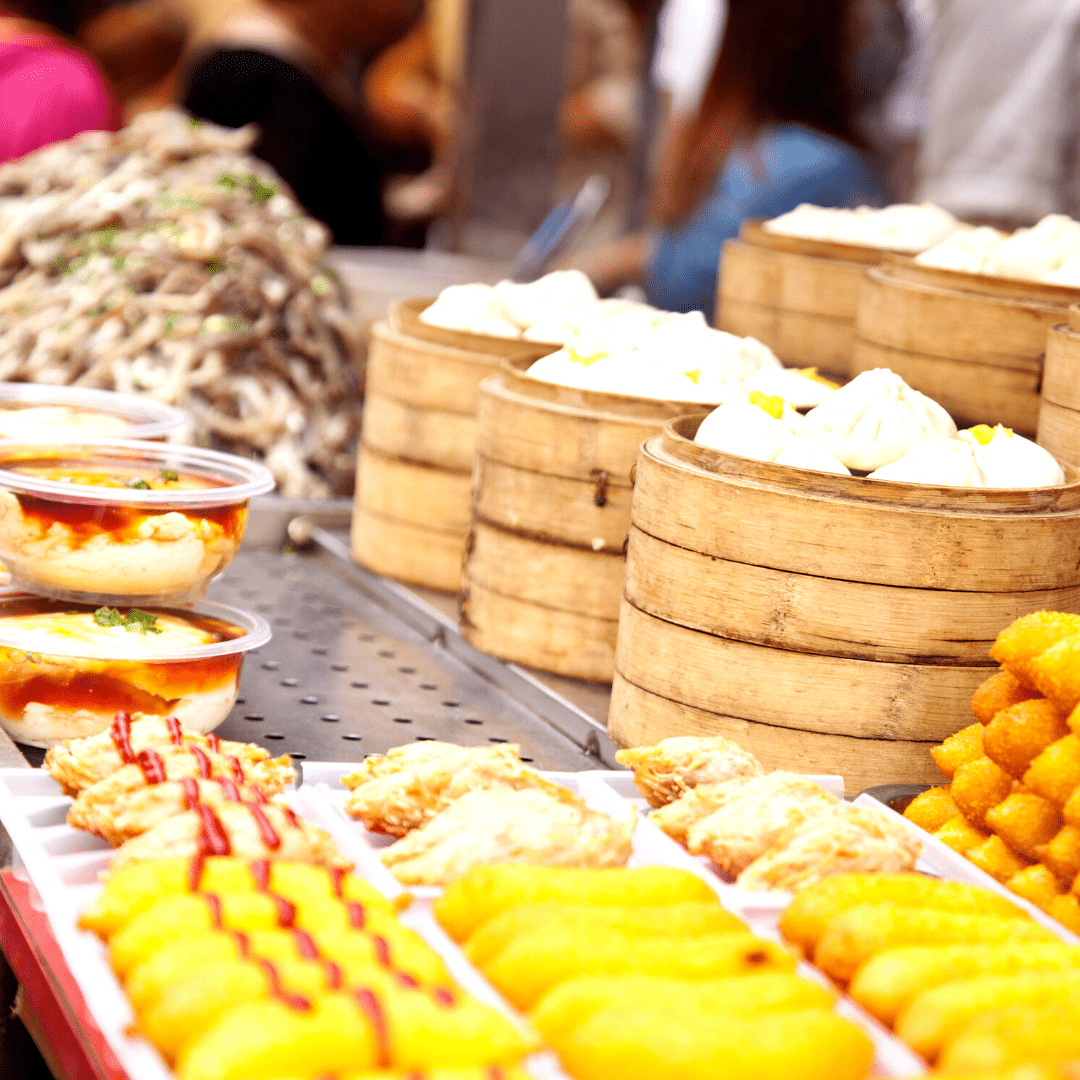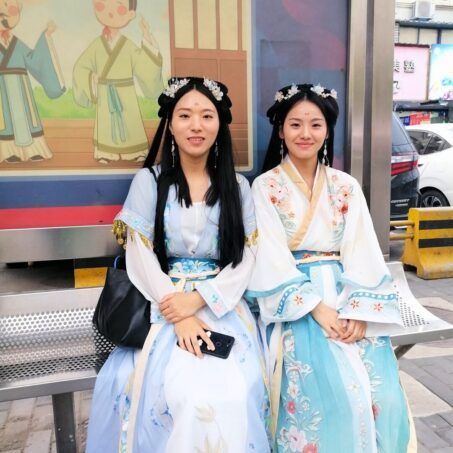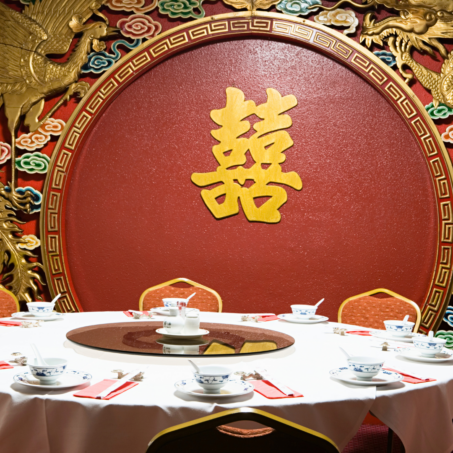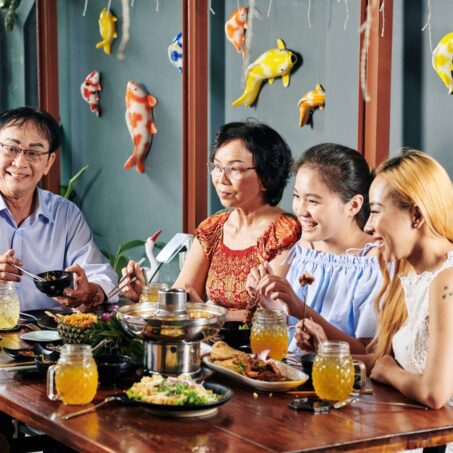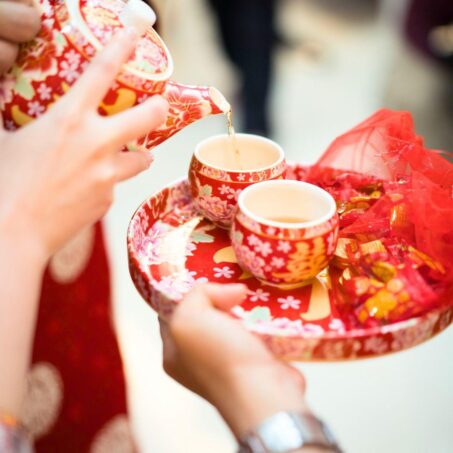With a huge variety of locally-produced goodies to discover, China is a shopping lover’s paradise. There are plenty of modern shopping centres, but if you want to shop like a local, you’ll want to hit the market.
There are a few different types of markets in China – here are five of the most well-known ones.
Wet Markets
While Westerners are used to doing a big weekly food shop at a supermarket, people in China generally prefer to buy fresh, affordable produce daily from wet markets. They’re called ‘wet’ markets due to the floors being wet from melting ice being used to keep produce fresh, and water used to wash vegetables and fish.
Although in more recent times they’ve garnered a reputation for selling live exotic animals, this is actually very uncommon. Most wet markets simply sell perishable goods like meat, fruit and vegetables, as you might find at any butcher and greengrocer. And for the few that do sell live animals, they’re more likely to be things like fish and chickens rather than anything unusual.
Dry Markets
As you might expect, dry markets have dry floors, and often sell dry, non-perishable foods, as opposed to the perishable products sold in wet markets. Rice, beans, herbs, spices, tea, jerky, dried seafood and snacks are some of the things you can often find at dried food markets. The produce is either already portioned out and packaged in plastic and jars, in baskets and containers to be measured out and sold by weight, or – like some of the dried meat and fish – hung up both for display and sale.
Dry markets aren’t necessarily just for food – you’ll also find durable goods like clothes, fabric and electronics too. If you’re feeling particularly confident, you can practice your haggling skills at these markets. Remember: start low to give yourself room to bargain upwards.
Night Markets
Perfect for socialising, shopping and eating, night markets are where both locals and tourists alike can let their hair down at the end of the day. You’ll often find interesting traditional crafts, jewellery and cosmetics on sale. But the real star of the show is the delicious street food.
From barbecued skewers to sticky rice cakes, each night market will have its own selection of regional specialities, depending on where you are in China. There are usually several per city, particularly in the bigger ones. Here are some of the best ones you can visit in the cities Lingoinn offers homestay programmes in:
- Shanghai: Dongchang Road Night Market
- Chengdu: Jinli Street
- Dalian: Tianjin Jie Night Market
- Shenzhen: Dongmen Pedestrian Street
- Shijiazhuang: Yinxiangxiaochi Street (Yinxiang Snack Street)
- Kunming: Kundu Night Market
- Qingyuan: Qingxin Dengguang Night Market Pedestrian Street
- Guangzhou: Shangxiajiu Commercial Pedestrian Street
‘Fake’ Markets
Famed for famous brand lookalikes that are often surprisingly good quality, fake markets are super popular with both residents and visitors alike looking for convincing counterfeits. Another great place to practise your bargaining skills, these markets are often an ideal place to find a bargain. But don’t think that the authorities aren’t aware of what’s going on – in fact, signs have been put up at some warning about the legal penalties of being found guilty of theft of intellectual property. And there have been plenty of cases of stalls being shut down. But with so many markets out there, it’s a tough business to crack down fully on.
To find the best price like a pro, try downloading the Taobao app to compare prices of products found online so you have a rough idea of how much to haggle down.
Marriage Markets
Marriage markets are totally different markets altogether. But although you won’t find delicious street food and bargain clothing there, it might be interesting to walk through one and see the time-old tradition of parents looking for good matches for their adult children. You can check out our blog post about marriage markets to read more about them.
Ready to explore Chinese markets in person? Check out the immersion programmes Lingoinn has to offer here.

